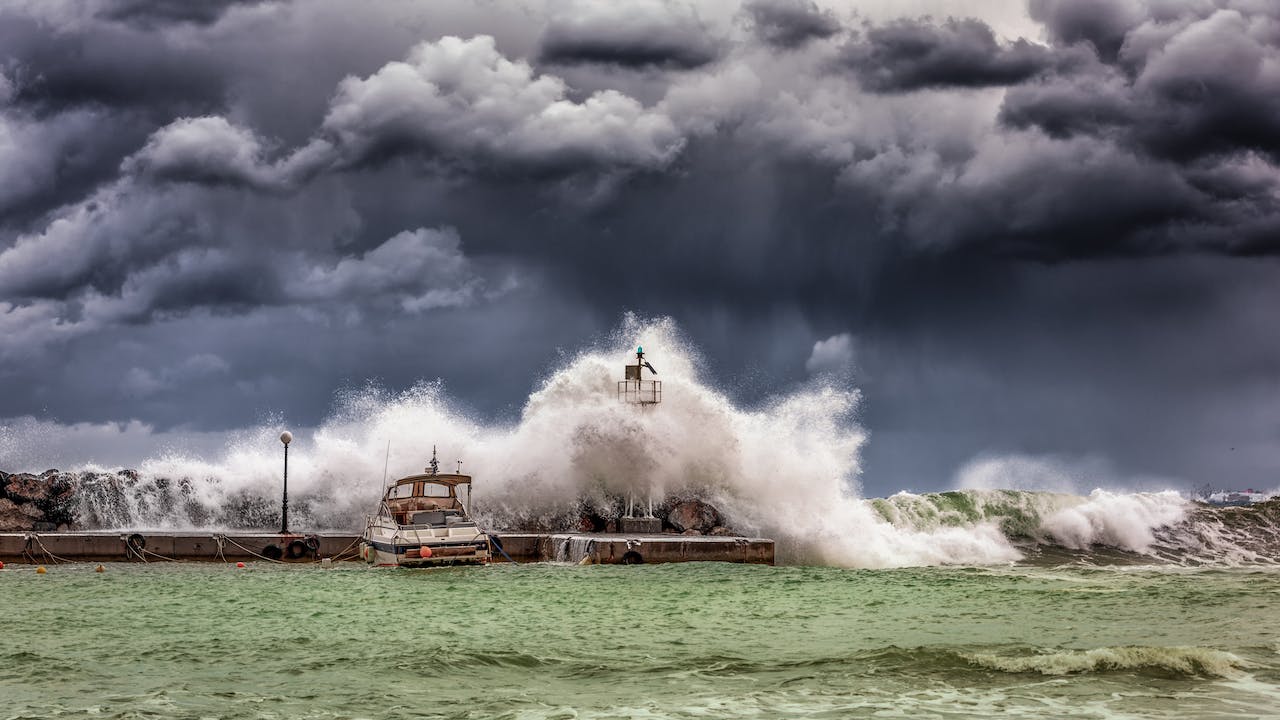
No matter how many you live through, hurricanes have a way of upending your life. You might need to leave the home for days at a time. There is also the fear and stress that come with significant disasters coming to the place where you live.
One of the biggest stressors associated with hurricanes is the potential for damage to your home and other possessions. The winds can be strong enough to level some structures, and flood waters can cause significant damage. Damage is also possible even with the best efforts to prevent it.
When you return after a storm to find significant storm damage, it can feel overwhelming. You might have trouble knowing where to start. While no guide can cover every possible scenario for addressing flood damage, there are basic tips to follow.
Read on for some tips on how to manage hurricane damage.
Before the Storm
What you do before the storm can go a long way toward limiting damage and helping you through the cleanup. First, you should put your safety first, to avoid needing a personal injury lawyer. If there is an evacuation order, you should not try to stay in your home. Whether you stay or leave, there are things you can do to protect your house.
Clear your yard and secure any loose items that could get taken by high winds. Cover your doors and windows. If you are leaving a vehicle behind, put it in the garage or move it to a place safe from floodwaters. Turn off your electricity if you are leaving the home. If you can, turn off your gas before you leave. Even if you stay, you may want to turn off utilities if there’s flooding or during the storm’s peak.
Stay Safe During Your Return
You might be eager to get home, but you must prioritize safety. Do not try to return unless authorities say it is safe. Even if they say it is safe to return, you need to exercise caution. Floodwaters can be dangerous, and there could be hazards like downed trees and power lines.
Bring safety equipment when you return. Carrying N95 masks and gloves is a good idea. Wearing tough work boots, long pants, and long sleeves is also recommended. Avoid walking through standing water. Do not go near any downed power lines. Look out for hazards like broken glass, nails, and falling tree branches.
Assess Storm Damage
Start checking for damage around your property. Cover the entire exterior and look for signs of damage. That includes issues like damaged siding, roof damage, downed tree branches, broken windows, and more. Check on your vehicles and any outdoor structures. Inspect the mechanical systems of your home before turning anything back on. You’ll also need to consider flood damage.
You’ll need to make a complete inventory of all the damage to your property. Beyond listing the work you’ll need to do, you should also document all the damage. Take detailed notes about the storm damage you find. Along with that, take pictures of all the storm damage so you can show them to your insurer.
Report Damage to Your Insurer
This is where having homeowner’s insurance can be invaluable. It is also a good idea to report any damage as soon as possible. The sooner you start the claims process, the sooner you can start getting payments for some of the expenses. Beyond storm damage, your insurance policy might cover some expenses if you can’t stay in the house.
However, you do not want to wait to file your claim. There is a statute of limitations on how long you can wait to file a claim after hurricane damage. In general, the statute of limitations is 180 days. However, there may be some exceptions. Consulting an attorney can help you protect your rights.
Get to Work
You’ll need to start by handling some of the simpler cleanup tasks yourself. Start collecting debris from the yard and work on cleaning flood damage. However, you should try not to do too much yourself. If you don’t have the tools or skills, you will need to hire professionals to address some of the storm damage. However, you should take your time to find the right contractor. You might also be able to work with your insurer to find a good contractor.
It is also important to document everything during the cleanup and repair process. Keep all documents and invoices from any contractors you hire. You should also keep receipts for any expenses you pay for supplies or materials while you or contractors are doing work. Documentation and receipts will be important for the claims process.
Hurricane damage is a big deal, and it might seem almost like too much when you first arrive home. You just need to take your time, be patient, and remember to stay safe.